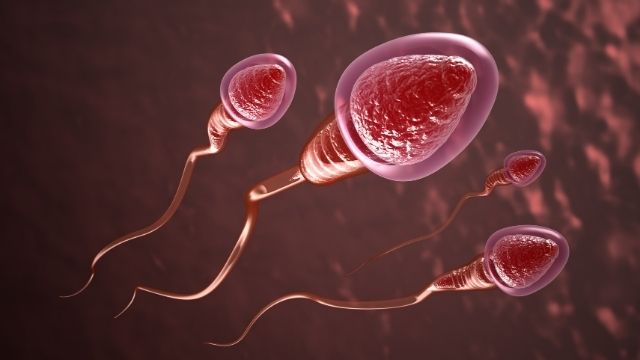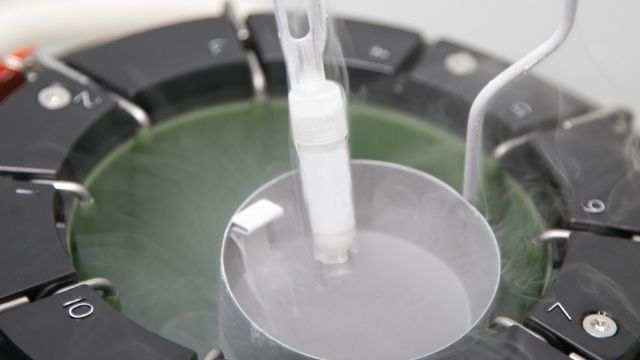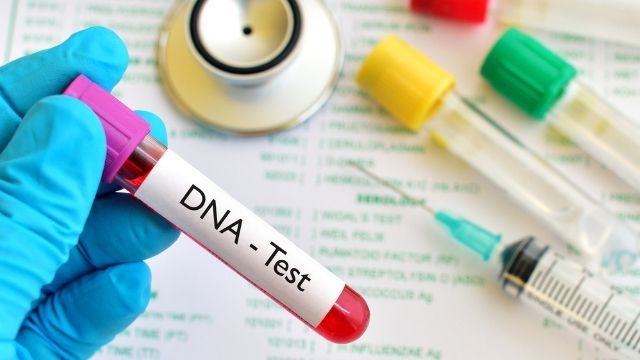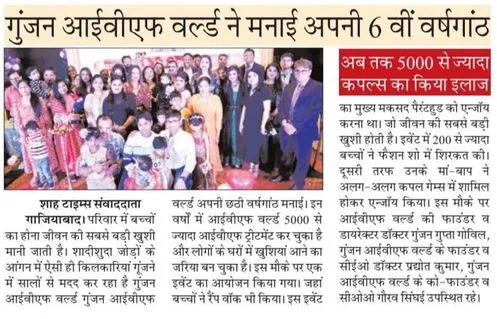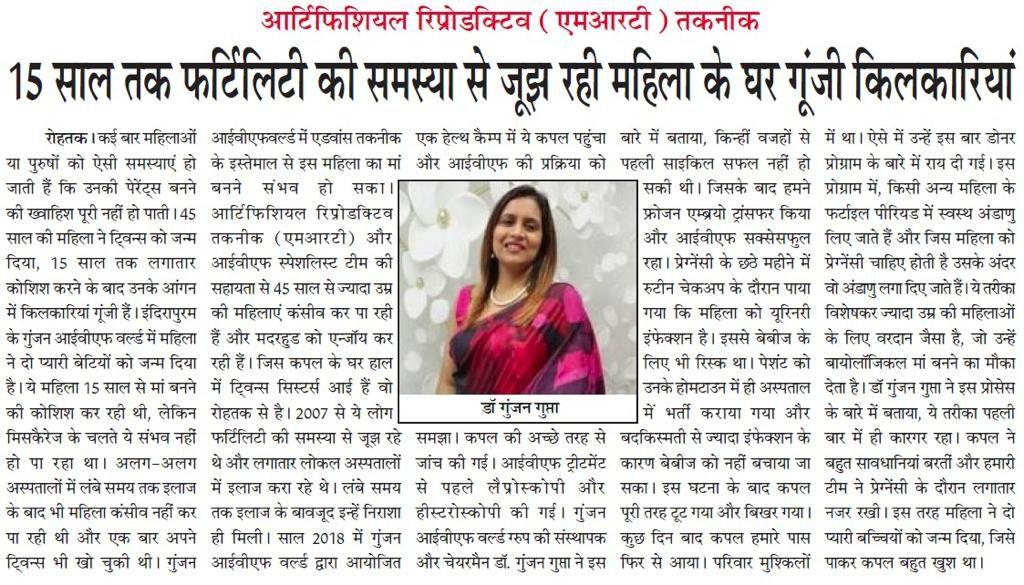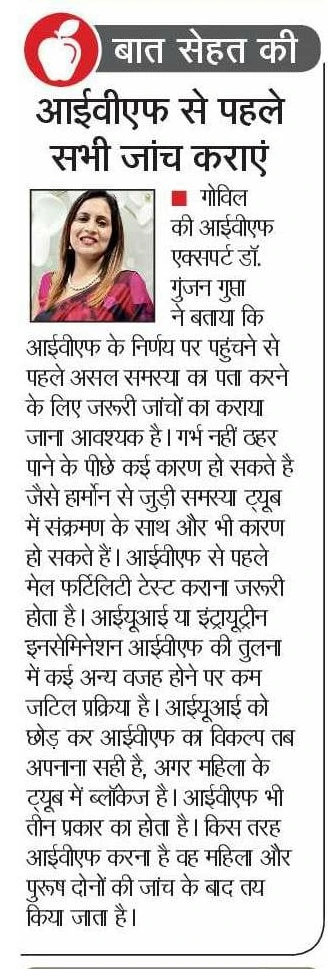Azoospermia Treatment
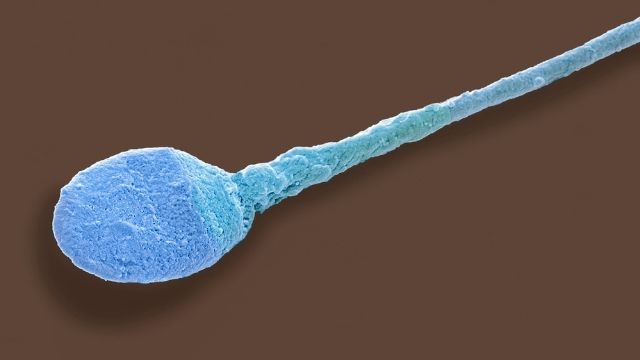
What is Azoospermia?
Azoospermia, which indicates ZERO SPERM COUNT is an infertility issue that affects Only 1 percent of all men and 15 percent of infertile males.
In a normal body of a man, sperms are produced in the testicles and travel through the reproductive tract. After reaching the reproductive tract, the sperms mixes with the fluid produced by the prostate and seminal vesicles and that makes up semen. Now, a man who has azoospermia has no production of sperm in the testicles. The semen in such men only contains fluid in it. This condition is referred to as no sperm count.
Symptoms of Azoospermia
When one has azoospermia, he may not know it until his wife is not being able to conceive for a long time and he consults a fertility clinic. An azoospermic male usually has normal sperm functions and no ejaculatory dysfunction. In this case, only when you visit a fertility clinic and get the semen analysis test done, you may find out that you have azoospermia. Here the semen is examined under high magnification microscope to look for the sperm count. A person can be confirmed as azoospermic only once 2 semen samples have been examined and both show zero sperm count. This condition generally has no symptoms.
In other cases, you might see some symptoms based on hormonal imbalances or some genetic chromosomal conditions that are underlying. Some signs and symptoms may include:
- Erectile dysfunction
- Swelling, and discomfort in the testicle area
- Facial and body hair loss
Sub Treatments For Male Infertility
We are one of the Best IVF Clinic in Delhi NCR!
51.8K
Subscribers
4.6 (383 reviews)
4.5 (409 reviews)
3.5 (254 reviews)

5 Out Of 5
Types of Azoospermia
Azoospermia can be divided into three types which are:
- Obstructive Azoospermia: It is a condition in which there is a production of sperms in the testicles but due to a blockage in the reproductive tract, the sperms cannot exit the body. This blockage can be found in vas deferens, epididymis, or in any other part of the reproductive tract. In this case, you ejaculate and there is semen, but due to the blockage, there is no measurable number of sperms in the semen.
- Nonobstructive Azoospermia: It is a condition in which there is poor or no production of sperms in the testicles. This can be a result of some defects in the structure or functions of the testicles or defect at the level of pituitary in the brain.
Causes of Azoospermia
Different causes of Azoospermia depend upon the type of azoospermia. Some of the causes are:
1. Pretesticular Causes
Here the tests are normal, but they are not able to produce sperm. It may be because of low hormone levels example in Kallmann syndrome or chemotherapy of the brain. This type is uncommon.
2. Testicular Causes
- Infection in your reproductive organs, for example epididymitis and urethritis.
- Absent testis( Anorchia) or non-descended testes(Cryptorchidism)
- Viral infections as mumps can cause orchitis, leading to swelling of one or both testicles.
- Groin injury example due to cricket ball, rugby or football etc.
- Cancer or its treatments, like radiation or chemotherapy.
- Surgery in the groin area.
- Genetic conditions, such as Klinefelter’s syndrome, Y chromosome deletion and Cystic fibrosis, Sertoli only Cell Syndrome among a few common ones.
3. Kallmann syndrome
Here testes produce sperms normally but there is a traffic jam which is why the sperms cannot come out of the penis due to blocked reproductive tract. This is called obstructive azoospermia. One thing to note is that following things are RESPONSIBLE FOR 40% CASES OF AZOOSPERMIA.
- Acquired causes as infections, injury or surgery.
- A vasectomy
- Retrograde ejaculation: In this condition semen goes into the urinary bladder instead of coming out of the penis during an orgasm.
Treatment of Azoospermia
Once azoospermia has been diagnosed the doctor tries to ascertain the cause. This may involve a physical examination, a blood test to check hormone levels and scrotal ultrasound if required. Genetic tests may be required especially if there is no obstruction.
Now, the treatment of azoospermia also depends upon its type. Obstructive Azoospermia can be treated with the help of the reconstruction or reconnection of the tubes that are blocked by the help of surgery. By doing so the passage of the sperms will be done automatically. Another technique is to do sperm retrieval which can be done by aspiration by a fine needle from testes( PESA) or by biopsy (TESE: surgical extraction of sperm). These sperms can then be frozen and used for conceiving by IVF ICSI. Sperm retrieval may also be beneficial in non-obstructive azoospermia if sperms are being produced by testes.
So don’t worry, the majority of the time despite azoospermia you can still become a father by opting for advanced reproductive techniques like IVF or ICSI. There is a lot of azoospermic patients that became the father of their own biological child.
Need help? Talk to Our Azoospermia Experts
Get the most effective azoospermia treatment in India by consulting Dr. Gunjan Gupta,
one of the top azoospermia doctors in Delhi.
We Provide Best Azoospermia Treatment In Delhi –
Gunjan IVF World team of Infertility is highly skilled in handling all cases of azoospermia in Delhi. The team has performed several complicated surgeries for azoospermia, a recurring condition.
Dr. Gunjan Gupta is one of Delhi’s best azoospermia specialists. Over the past two decades, he has handled cases related to obstetrics, gynecology, and infertility. Moreover, Dr. Gunjan Gupta has developed a reputation as one of the top IVF doctors in Delhi.
Patient Testimonials
It’s always the word of mouth that’s the best advice
Published On: 3 Dec 2018
London to Gunjan IVF: Mrs. Pragya's journey of parenthood |Treated for pregnancy care | Gunjan IVF
Published On: 7 Oct 2018
We are pregnant!! | Pregnancy after Fibroid Removal Treatment (Myomectomy)| Gunjan IVF World

Erica Benn
It was such a nice experience with Dr. Gunjan and how she tackle our case. I must recommend this clinic as one of the best IVF clinic in Delhi-NCR. Thanks to Dr. Gunjan to give me my motherhood.

Nitesh Kumar Thakur
Gunjan IVF World in Indirapuram, Ghaziabad is the best hospital for surrogacy and ivf services in Delhi-NCR. Dr. Gunjan Gupta is founder and director of Gunjan IVF World. Gunjan IVF is the best ivf center in Indirapuram , Ghaziabad. Treatments at affordable prices.

Akansh Garg
Dr gunjan gupta is one of best gyne in delhi ncr especially in ghaziabad she explains each n everything very clearly to avoid any confusion. staff is very supportive n helpful.

Manisha Pathak
Went for treatment at various places in Delhi since 2012. Then came to know about Gunjan IVF. Started treatment in October 2020. The treatment is going on and we are quite hopeful. Gunjan ma'am is a very good doctor who treated me well and the staff are also very good and helpful.

Erica Benn
It was such a nice experience with Dr. Gunjan and how she tackle our case. I must recommend this clinic as one of the best IVF clinic in Delhi-NCR. Thanks to Dr. Gunjan to give me my motherhood.

Nitesh Kumar Thakur
Gunjan IVF World in Indirapuram, Ghaziabad is the best hospital for surrogacy and ivf services in Delhi-NCR. Dr. Gunjan Gupta is founder and director of Gunjan IVF World. Gunjan IVF is the best ivf center in Indirapuram , Ghaziabad. Treatments at affordable prices.

Akansh Garg
Dr gunjan gupta is one of best gyne in delhi ncr especially in ghaziabad she explains each n everything very clearly to avoid any confusion. staff is very supportive n helpful.

Manisha Pathak
Went for treatment at various places in Delhi since 2012. Then came to know about Gunjan IVF. Started treatment in October 2020. The treatment is going on and we are quite hopeful. Gunjan ma'am is a very good doctor who treated me well and the staff are also very good and helpful.
Our Expert Team
Dr. Gunjan Gupta Govil
Founder & Director
Founder, Director & Gynaecologist with specialization in IVF, Infertility & Laparoscopy of 20+ years of experience.
(20+ years of experience)

Dr. Pradyot Kumar
Founder, CEO and a specialized Neurosurgeon who is an expert in complex Brain and Spine surgeries.
(25+ years of experience)

Mr. Gaurav Singhai
COO and an entrepreneur who co-founded Gujan IVF world along with Dr Gunjan and Dr Pradyot.
(5+ years of experience)

Paritosh Sarkar
Embryologist
He is a highly experienced and successful Embryologist with more than 10 years of experience in IVF.
(10+ years of experience)
Patient Guide
Along with treating our patients, we also guide them with the help of our educational blogs and videos.
Educational Blogs
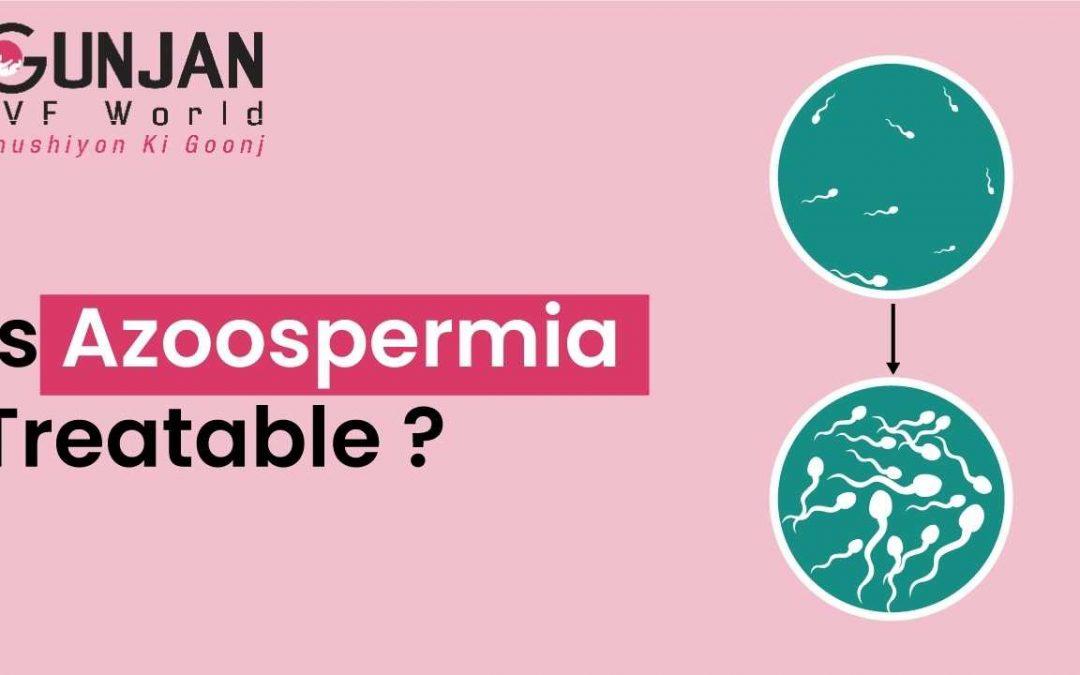
Is Azoospermia Treatable
Infertility is a serious problem not only in India but across the world as well. That is why it is really important to go for some alternative procedures of reproduction.

What Is the Most Common Cause of Azoospermia?
When you are trying to conceive for more than 12 month, but unsuccessful, then one of you is suffering from infertility.

Can You Get Pregnant With Azoospermia?
Many factors can affect natural pregnancy chances, and one such factor is azoospermia. It is hard for a woman to get pregnant naturally if her husband has azoospermia (absence of sperm in the semen).
Educational Videos
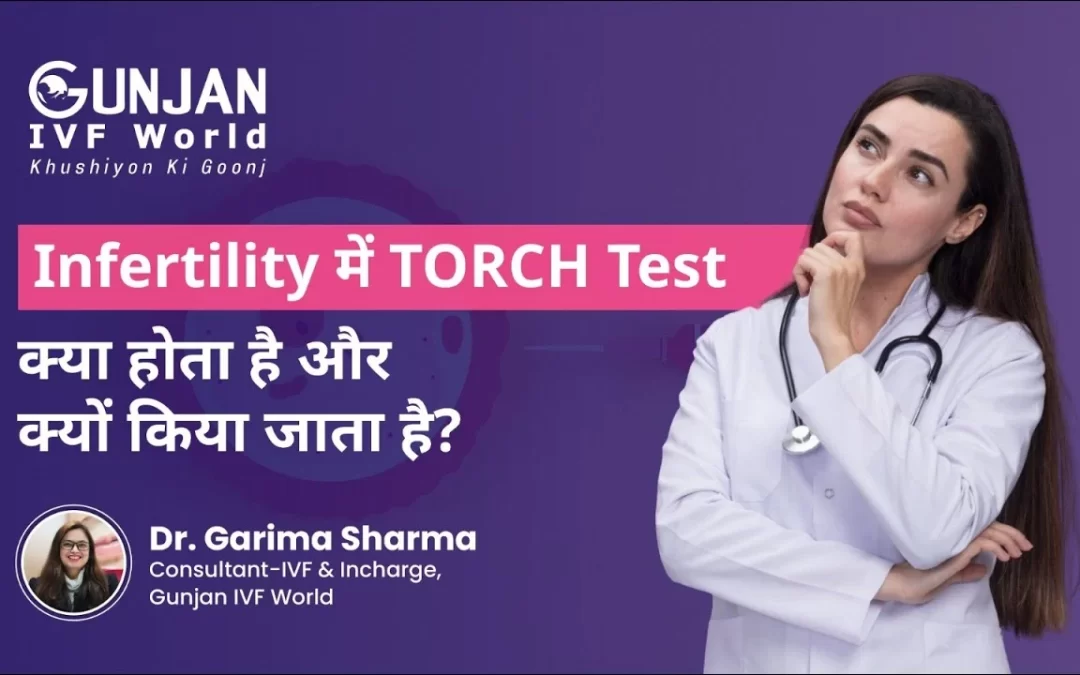
What is TORCH test in infertility and why is it done?
There are numerous tests that are available to infertile couples that are recommended by some doctors, which might help them determine the cause of their infertility. One such test is the TORCH test.
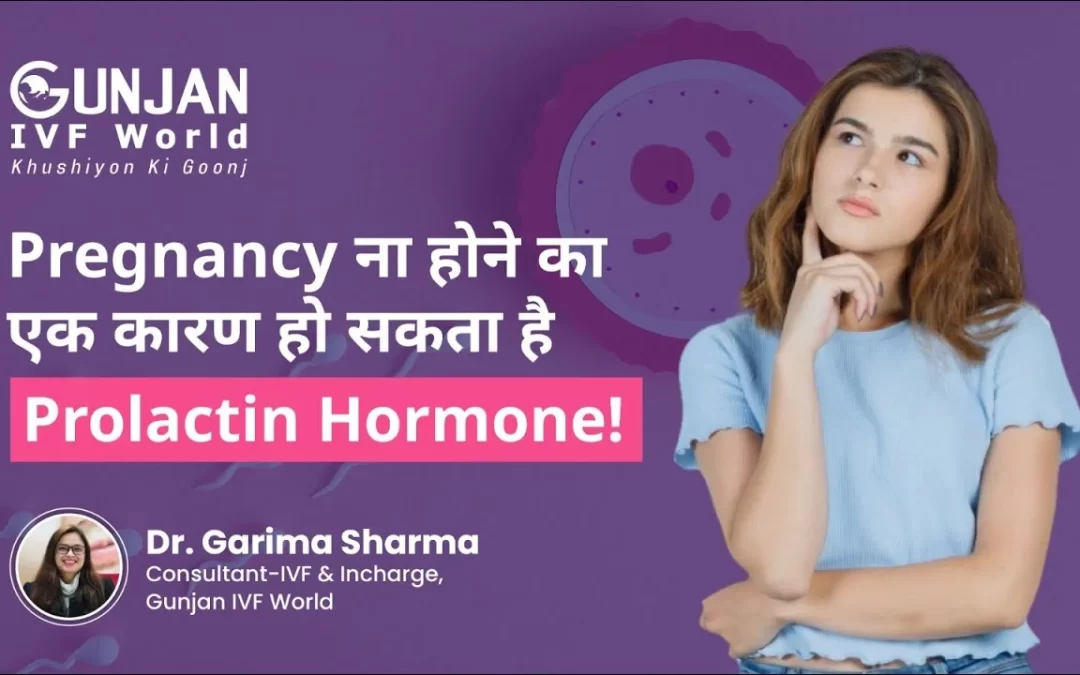
What is Prolactin Hormone?
Prolactin is a hormone produced by the pituitary gland present at the brain’s base. It is best known for its role in lactation, or milk production, in breastfeeding women.However, Prolactin also plays other important roles in both men and women, such as regulating the immune system, stimulating the growth of new blood vessels, and influencing behaviour and reproductive function. In this blog, we will explore what Prolactin is, how it works, and what happens when there are imbalances in prolactin levels.
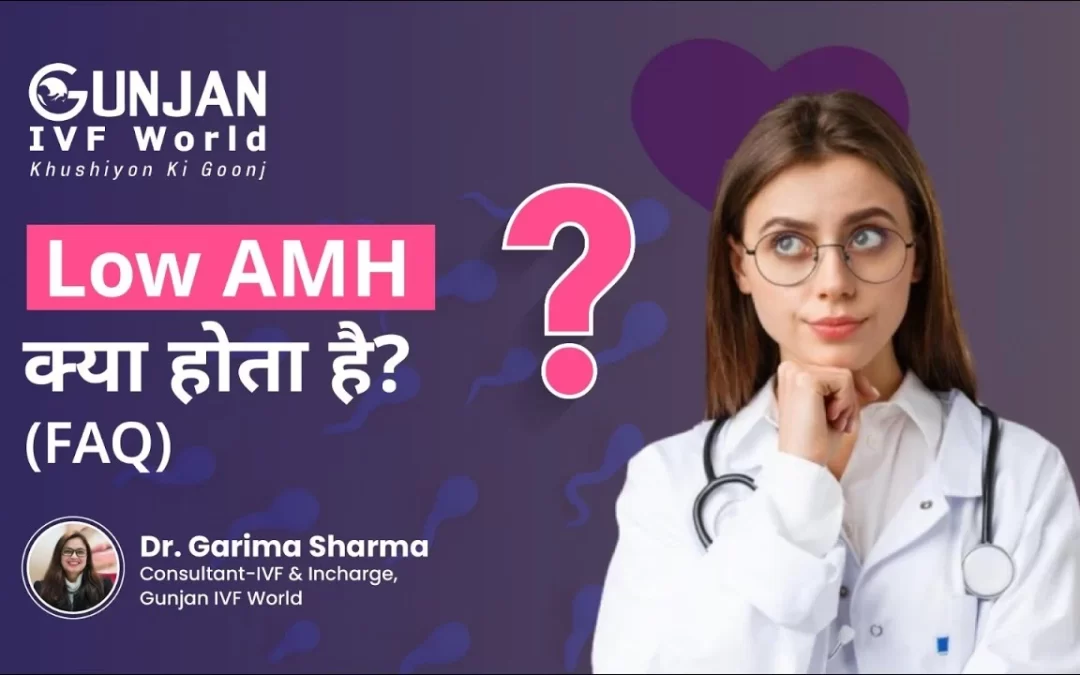
Frequently Asked Questions about Low AMH
Primordial and Preantral follicles produce AMH. So the AMH level indicates the number of eggs or egg reserves you have in your ovary. Putting simply, if your AMH level is low, then the number of eggs in your ovary is less.
Frequently Asked Questions
Does testicular temperature have an impact on male fertility
IVF specialists of the best IVF centre in Ghaziabad – Gunjan IVF World share an informative blog on one of the most ignored factors of male infertility. It is an alarming fact to...
Is male menopause a myth or reality ?
IVF specialists of the best IVF centre in Ghaziabad – Gunjan IVF World debunk the myths about male menopause through this informative blog Menopause as a term is extremely common...
Can smoking cause fertility problems in men?
IVF specialists of the best IVF centre in Ghaziabad – Gunjan IVF World share valuable insights on how smoking leads to infertility in men. Becoming parents is one of the greatest...



